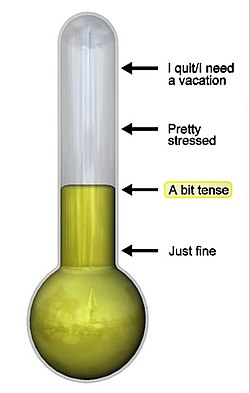From Wikipedia, the free encyclopedia
Shinjiman is taking a short wikibreak
This user is busy in real life and may not respond swiftly to queries.
So far so good lor~~ Hi, I am from Hong Kong , currently studying at Perth , Australia .
The time at this user's location:2025-04-17 09:56 UTC+8
Compose more articles.
Translate more articles. Currently, I am working on WikiProject Hong Kong and WikiProject Perth. But it depends on my study time. So I may reduce the frequency of editing during test/exam time.
Created Train Lines/Stations: Armadale railway line, Perth , Fremantle railway line, Perth , Joondalup railway line, Perth , Midland railway line, Perth , Perth railway station , McIver railway station, Perth , Claisebrook railway station, Perth , Belmont Park railway station, Perth , Burswood railway station, Perth , Victoria Park railway station, Perth , Lathlain railway station, Perth , Carlisle railway station, Perth , Oats Street railway station, Perth , Welshpool railway station, Perth , Queens Park railway station, Perth , Cannington railway station, Perth , Beckenham railway station, Perth , Kenwick railway station, Perth , Maddington railway station, Perth , Gosnells railway station, Perth , Seaforth railway station, Perth , Kelmscott railway station, Perth , Challis railway station, Perth , Sherwood railway station, Perth , Armadale railway station, Perth , East Perth railway station , Mt Lawley railway station, Perth , Maylands railway station, Perth , Meltham railway station, Perth , Bayswater railway station, Perth , Ashfield railway station, Perth , Bassendean railway station, Perth , Success Hill railway station, Perth , Guildford railway station, Perth , East Guildford railway station, Perth , Woodbridge railway station, Perth , Midland railway station, Perth , Fremantle railway station, Perth , North Fremantle railway station, Perth , Victoria Street railway station, Perth , Mosman Park railway station, Perth , Cottesloe railway station, Perth , Grant Street railway station, Perth , Swanbourne railway station, Perth , Claremont railway station, Perth , Showgrounds railway station, Perth , Loch Street railway station, Perth , Karrakatta railway station, Perth , Shenton Park railway station, Perth , Daglish railway station, Perth , Subiaco railway station, Perth , West Leederville railway station, Perth , City West railway station, Perth Bus Stations: List of Perth bus stations , List of Perth bus routes , CircleRoute , Esplanade Busport, Perth , Booragoon bus station, Perth , Canning Bridge bus station, Perth , Curtin University bus station, Perth , Kalamunda bus station, Perth , Karrinyup bus station, Perth , Kwinana bus station, Perth , Mandurah bus station, Perth , Mirrabooka bus station, Perth , Morley bus station, Perth , Murdoch Park 'n' Ride, Perth , Success Park 'n' Ride, Perth , Rockingham bus station, Perth , Victoria Park bus station, Perth , Wellington Street bus station, Perth Jetties: Barrack Street jetty, Perth , Mends Street jetty, Perth Others: Westfield Carousel , Westfield Innaloo , Lakeside Joondalup Shopping City Image contributions [ edit ] Selected yearly photo galleries at commons (in construction) More contributions at
Are you jealous of others' user pages?
If you have seen some cool user pages and were wondering how to make yours the envy of all Wikipedians, check out the User page design center
To add this auto-updating template to your user page, use
{{ totd }}






